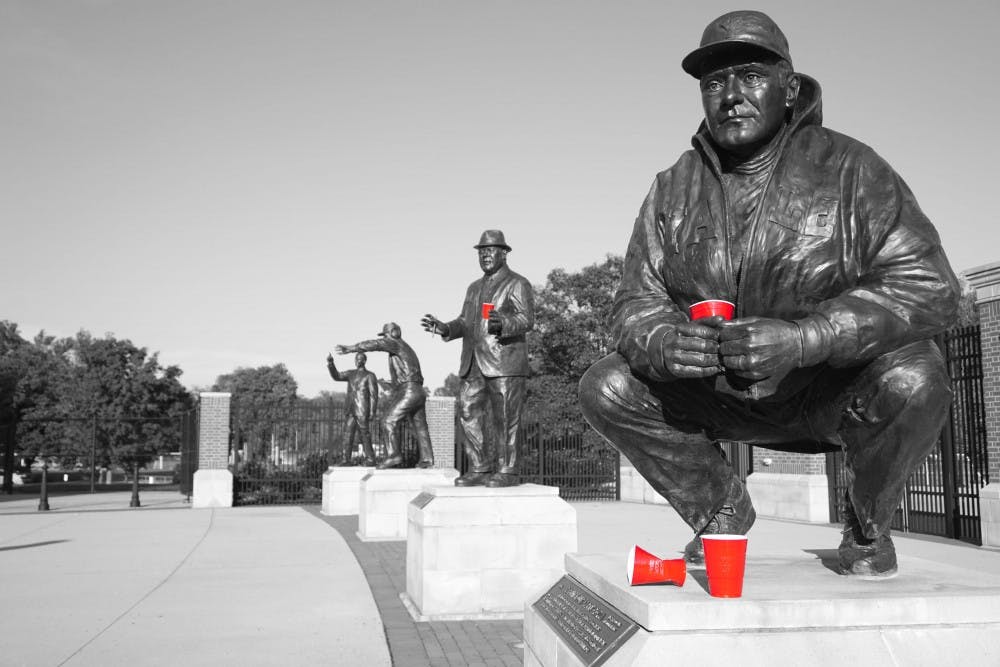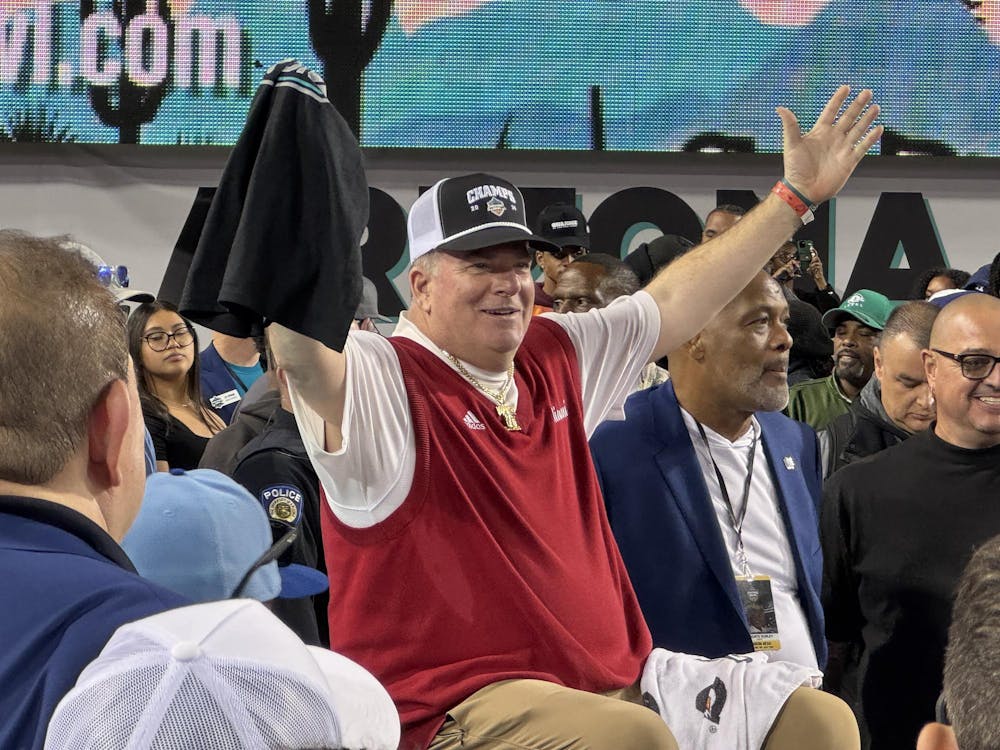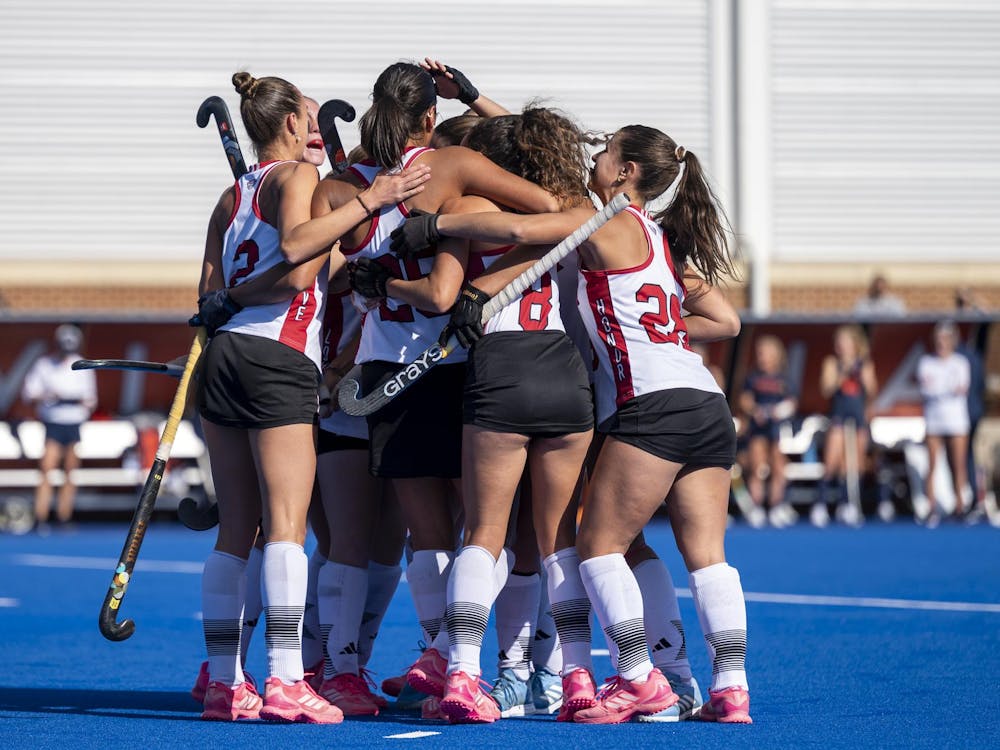By Laura Fitzgerald, Senior Staff Writer
The decision made late last semester by former university president David Hodge to allow alcohol sales at Yager Stadium is drawing mixed reactions from students and faculty.
While selling beer at football games isn't an uncommon move -- all 12 of Miami's Mid-American Conference companions sell alcohol in premium stadium locations, and six of them offer it in general areas -- some question what effect alcohol sales at Yager will have on student alcohol consumption.
Hodge made the decision to allow alcohol sales in the spring, after reviewing a report by a subcommittee of Miami's Alcohol Coordinating Committee. The committee, created to evaluate the pros and cons of selling alcohol at Yager, did not provide a recommendation on whether or not to sell alcohol, but advised that that "a plan for responsible service in consultation with Housing, Dining, Recreation and Business Services" be put in place.
Rose Marie Ward, professor of public health, serves on the Alcohol Coordinating Committee and was on the policy subcommittee. She said that, while some research on the effect of the availability of alcohol on student attendance and drinking habits at football games remains inconclusive, other literature suggests the introduction of alcohol at college football stadiums does not affect attendance or revenue, and in fact creates more issues with security and alcohol-related incidents.
A study that appeared in the Journal of Alcohol and Drug Education in August 2015 found that the number of alcohol-related incidents on- and off-campus at West Virginia University increased the year after the school began selling alcohol at its football games, and has been doing so steadily since. The study defined "alcohol-related incidents" as off- and on-campus arrests and disciplinary actions involving alcohol.
The number of alcohol-related arrests on public property at WVU increased from 122 in 2010 to 411 in 2013, with 2011 being the first year that alcohol became available at football games.
The theory that alcohol sales increase student attendance at football games was similarly challenged by a June 2015 study in the Journal of Sports Economics in June 2015, which found that the availability of alcohol did not have an effect on attendance at football games over a seven-year period at 29 mid-major universities.
Miami has confronted attendance issues in the past, often struggling to meet the 15,000 visitor-per-game mark the NCAA requires to maintain the team's Division I status.
Senior Stephen Cox said that while alcohol sales may draw students to football games, he doesn't believe the change will affect students' pre-game drinking habits. He suspects that students will still drink before games, and come to the games intoxicated.
"It wouldn't affect how much students drink, just where they're drinking," said Cox.
Cox himself is not a heavy drinker, but noted that he may buy one or two beers at the game rather than drink before arriving.
Enjoy what you're reading?
Signup for our newsletter
Ward said that until alcohol sales begin at Yager, no one can be sure exactly how the change will affect students' drinking habits or other factors involving alcohol at the games.
"Nobody can predict what's going to happen," said Ward. "We have to be able to watch it and collect data along the way and then evaluate, 'Was this a good choice?'"




